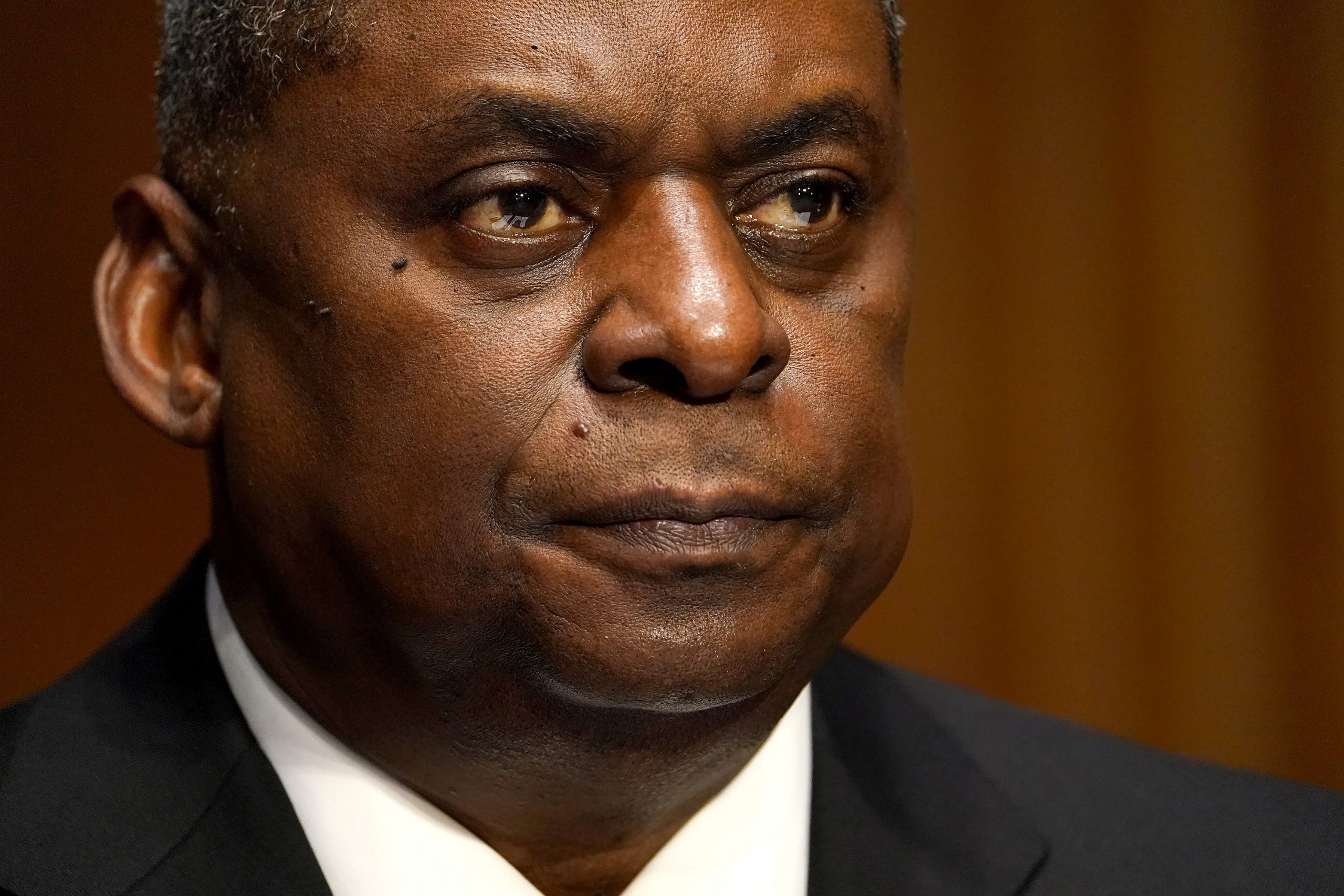Retired Army General Lloyd Austin said on Tuesday that he would work to rid “racists and extremists” from the ranks of the U.S. military, mend alliances and focus strategically on China if confirmed as President-elect Joe Biden’s defense secretary.
Austin would become America’s first Black defense secretary and has declared his intention to improve diversity within the U.S. military, which is diverse in the lower ranks but largely white and male at the top.
Pentagon data show a large number of minority servicemembers experience racial harassment and discrimination, and this month’s siege of the Capitol by far-right extremists has thrown a spotlight on supporters of such ideologies within the U.S. armed forces.
“If confirmed, I will fight hard to stamp out sexual assault, to rid our ranks of racists and extremists, and to create a climate where everyone fit and willing has the opportunity to serve this country with dignity,” Austin, 67, said at his confirmation hearing.
“The job of the Department of Defense is to keep America safe from our enemies. But we can’t do that if some of those enemies lie within our own ranks,” Austin told the Senate Armed Services Committee.
Austin’s remarks came minutes after the Pentagon confirmed that 12 members of the National Guard had been removed from duty ahead of Democrat Biden’s inauguration on Wednesday following vetting, which included scrubbing them for ties to extremism.
Austin would require a waiver from Congress since he has not been out of uniform long enough, a rule meant to safeguard civilian control of the U.S. armed forces. The Democratic-led House of Representatives is expected to vote on Thursday on whether to grant the waiver, according to the chamber’s schedule.
OVERTURNING TRANSGENDER BAN
Austin said he supported Biden’s plans to overturn a ban on transgender troops imposed by President Donald Trump.
“If you’re fit and you’re qualified to serve and you can maintain the standards, you should be allowed to serve and you can expect that I will support that throughout,” Austin said.
He repeatedly voiced his intention to empower civilians at the Pentagon and ensure support to civilian diplomats guiding U.S. foreign policy.
“I will make clear my expectation that the Pentagon work hand in glove with the State Department, supporting the work of our diplomats,” he said.
Austin said he would focus strategically on Asia, and China, in particular. Asked about China’s goal of developing a military that is superior to that of the United States, Austin said he aimed to work to ensure that “never happens.”
Experts say America’s military needs to bolster military alliances to compete with China. Some of those alliances, including with South Korea and NATO, were strained under Trump.
Austin also said he looked forward to “refurbishing alliances.”
Biden has said that if Tehran resumed strict compliance with a 2015 agreement, abandoned by Trump, in which it restrained its nuclear program in return for relief from economic sanctions, Washington would too.
But Antony Blinken, Biden’s choice for secretary of state, told his own Senate confirmation hearing: “We are a long way from there,” saying the incoming president would need to see what Iran actually did to resume complying with the pact.
Austin, who oversaw U.S. troops in the Middle East before retiring from the military in 2016, said Iran’s behavior was destabilizing and added that Tehran represented a threat to U.S. forces and partners in the region.
“If Iran were ever to get a nuclear capability, most every problem we deal with in the region would be tougher to deal with because of that,” he added.
(Reporting by Phil Stewart and Idrees Ali; Editing by Leslie Adler and Peter Cooney)

























 Continue with Google
Continue with Google